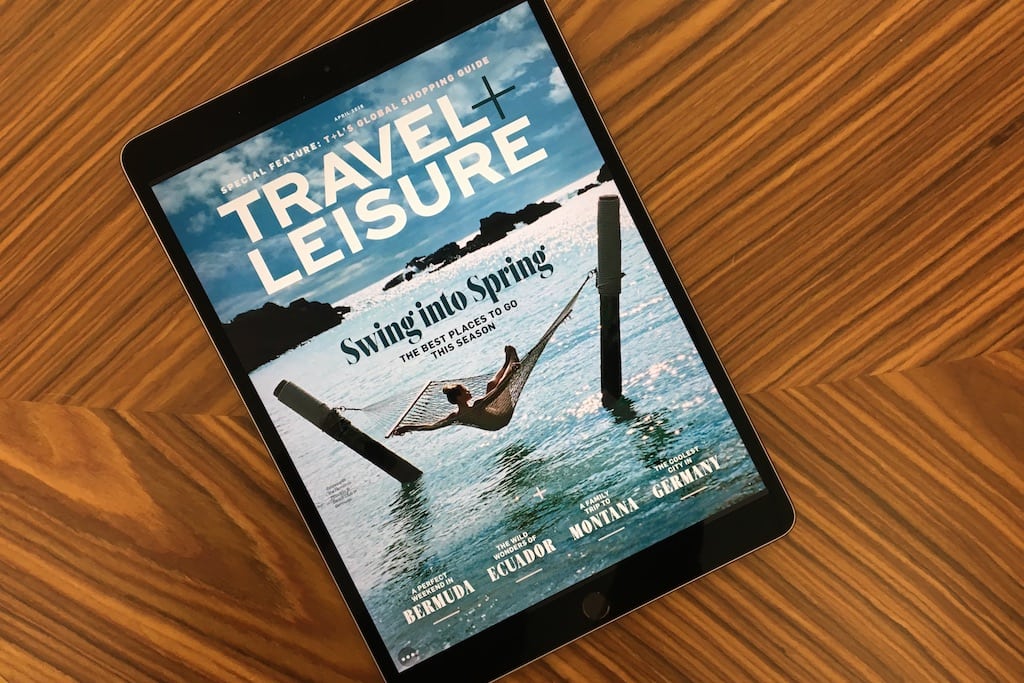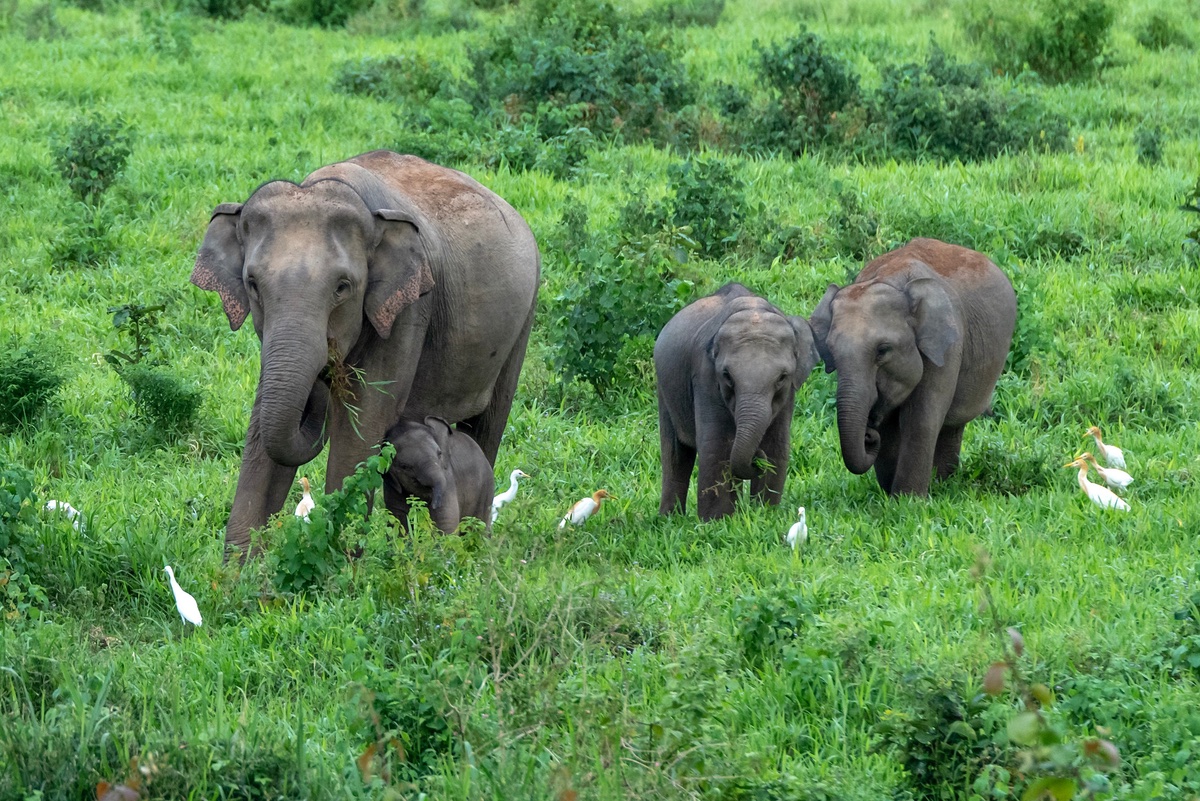Travel + Leisure and the Problem of Pay to Play

Skift Take
Can an A-list be an A-list if you have to pay to be on it?
That’s the question facing the travel advisor industry today after Travel + Leisure announced it would charge $4,000 a pop to those who want to be on its "A-List" of top travel agents.
While agents dominate the list, it also includes some bespoke tour operators and representatives of destination marketing companies.
Veteran A-Listers recently received a letter, announcing a move to a membership-based system. The magazine said the fee would come with additional benefits, including a dedicated page on the Travel + Leisure website, and promotion on social media channels.
Nevertheless, what was once purely an editorial play is moving into a membership model.
Travel + Leisure recently changed hands after Meredith bought Time, Inc. Less than two months after the official takeover, the company is implementing cost-cutting measures including employee layoffs and asset sales. It’s not a stretch to believe that the new policy results from the new ownership.
Editor-in-chief Nathan Lump, however, said the magazine began developing the plan long before ownership changed hands.
"We wanted to ensure the A-List is more than just an accolade for travel advisors.
"The number one complaint we would get from readers is that agents on [previous lists] might not be super-excited to work with them," he added. "That led me to think there might be a way to improve the list to ensure the agents who are on it genuinely want to work with our audience."
Lump created the A-List during a previous stint with Travel + Leisure in the early 2000s. At the time, the publication's editor-in-chief was Nancy Novogrod, who left in 2014.
“It was a difficult list to handle because it was very work-intensive,” Novogrod said.
Every potential advisor had to answer an extensive list of questions, which staffers had to review. After that, Travel + Leisure would conduct interviews with both the advisors and their clients.
"Suddenly, there were so many sources out there, but they were not authoritative like Travel + Leisure and Conde Nast Traveler. These publications managed to deal with the information onslaught pretty well. They continued to be the known sources – the reputable, objective sources," said Novogrod, who oversaw the list during the time the internet was exploding.
But therein lies the rub. How objective can any content be when it is based on pay to play?
"We have gotten positive and negative feedback, which we were totally expecting. A lot who have felt negatively feel it’s pay to play. It’s not the idea here," said Lump.
"We will have the same application process as before. It’s by invitation only to apply," Lump said. "And vetting is a rigorous process, including interviews with clients. We are not going to compromise integrity of the list. We have no intention of diluting quality." A-Listers only pay the fee upon approval.
If you look at industry scuttlebutt on Facebook, you will discover many a dismayed agent. But to some, paying for inclusion isn't a big deal. Anne Morgan Scully is president of McCabe World Travel in McLean, Virginia. She is also a long-time member of Travel + Leisure’s Travel Advisory Board, made up largely of travel agents. She and another member of the board said the body was not consulted about the strategy prior to the announcement, although Lump says "the travel advisory board did have input. We wanted to make sure it made sense for them."
Regardless, Scully isn't bothered by the change and "frankly expected it."
Due to the cost of compiling the list, someone had to pay the piper, and if it's the agent community, so be it, she said.
“I think agents would rather pay to get on the list than not to have the list at all,” said Scully. "It’s a positive thing. Now agents can [see the copy in advance] to make sure the words that are used in the listings actually describe you. It’s more of a partnership.”
Those last two sentences might send chills up the spines of veteran travel journalists.
Wendy Perrin created Condé Nast Traveler’s version of a top agent list in 2000, and compiled it until she left the publication in 2014.
That evolved into the current day Top Travel Specialists list. (According to a CNT spokesperson, "There is no paid component to our editorial tentpole lists. Condé Nast Traveler’s lists are entirely editorially driven, [However] in terms of licensing, agents who have been listed have the option to pay to use the Condé Nast Traveler Top Travel Specialists seal on their own marketing and promotional materials.")
“I am an old school journalist who believes in a code of ethics and giving value to readers," Perrin said.
“Travel journalists are doing the best they can during these tough times, when the whole business model is being disrupted. All you can do is try your best to deliver high-quality information."
Novogrod agree that things had gotten complicated. "I can’t quite wrap my head around it [the membership model], but it must make sense. After all, they know there will be a lot of scrutiny for making a move like this," she said.
Lump is "personally not troubled by this – it's still an editorial process." Yet he takes pains to point out the semantic difference that agents are actually buying "the benefits that come with being on the list" rather than inclusion on the list per se.
Additionally, he stressed, "We are in the business of providing the best content to our readers and we aren’t going to compromise that. I don’t accept the idea that (the membership model) automatically diminishes it."
Perrin likes to believe that Travel + Leisure will rise above issues of dollars and cents. "I do have a hard time believing Travel + Leisure would sacrifice its reputation by putting people on the list that aren’t great. Just because they have adopted a new model, it doesn’t necessarily mean quality will suffer. The proof is in the pudding."
In other words, wait until September, when the first A-List under the new rules publishes.




